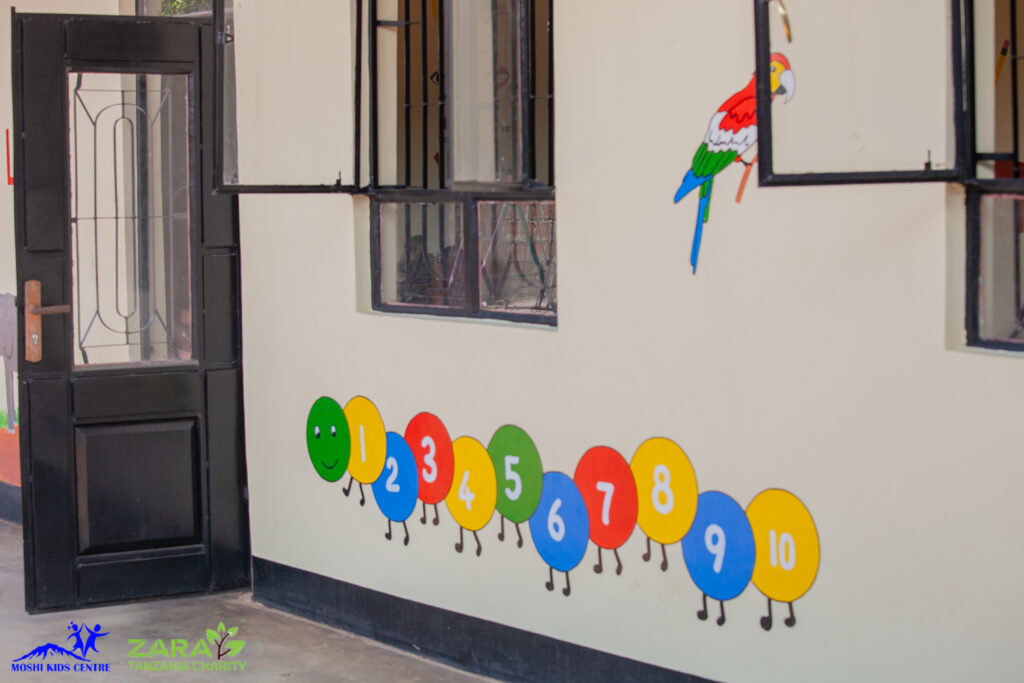Tanzania, a vibrant East African nation known for its rich culture and stunning landscapes, faces significant challenges in its education system. Overcrowded classrooms, limited resources, and a shortage of qualified teachers often hinder the delivery of quality education, particularly in rural areas. Volunteers, both local and international, have become essential partners in addressing these challenges, offering their time, skills, and passion to enhance educational outcomes for Tanzanian students. This article explores the multifaceted roles volunteers play in Tanzanian education, their impact on students and communities, and how individuals can get involved in this meaningful work.
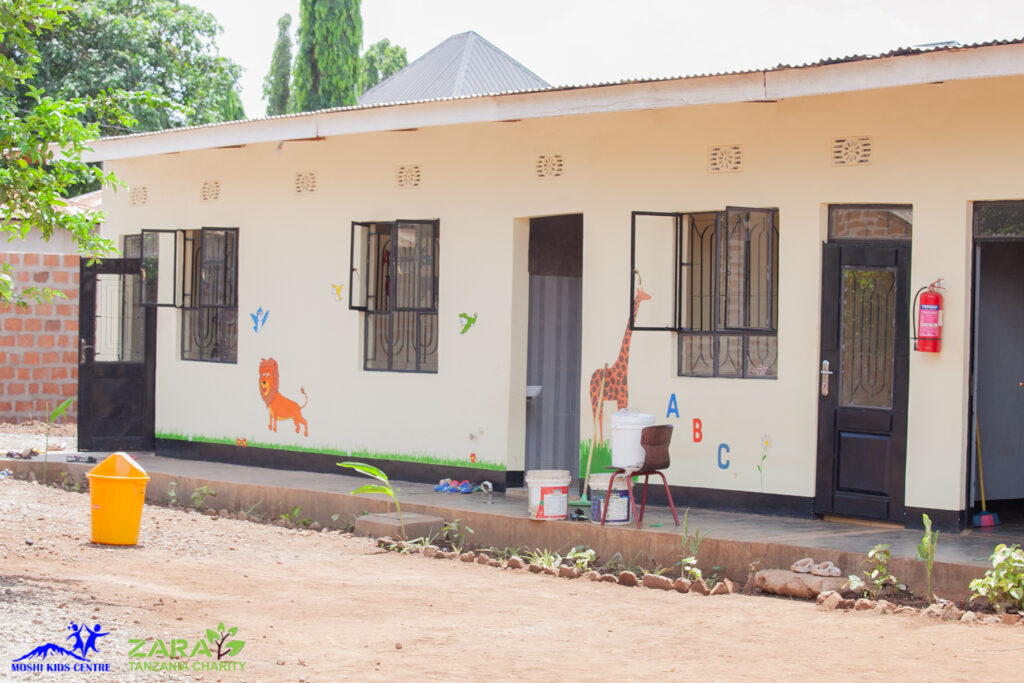
The Need for Volunteers in Tanzanian Education
Tanzania’s education system struggles with high student-to-teacher ratios, especially in rural regions. Reports from organizations like the Tanzania Education Fund indicate that primary school classes can have up to 50 students per teacher, making it difficult for educators to provide individualized attention. Additionally, many schools lack basic resources such as textbooks, stationery, and adequate infrastructure. These challenges contribute to issues like low literacy rates—USAID notes that only 5.4% of early-grade students read with comprehension—and high dropout rates, particularly among teenagers who leave school to support their families.
Volunteers help bridge these gaps by providing additional support in classrooms, introducing innovative teaching methods, and contributing to school development projects. Their presence is particularly valuable in under-resourced communities, where access to quality education is limited.
Roles of Volunteers in Tanzanian Education
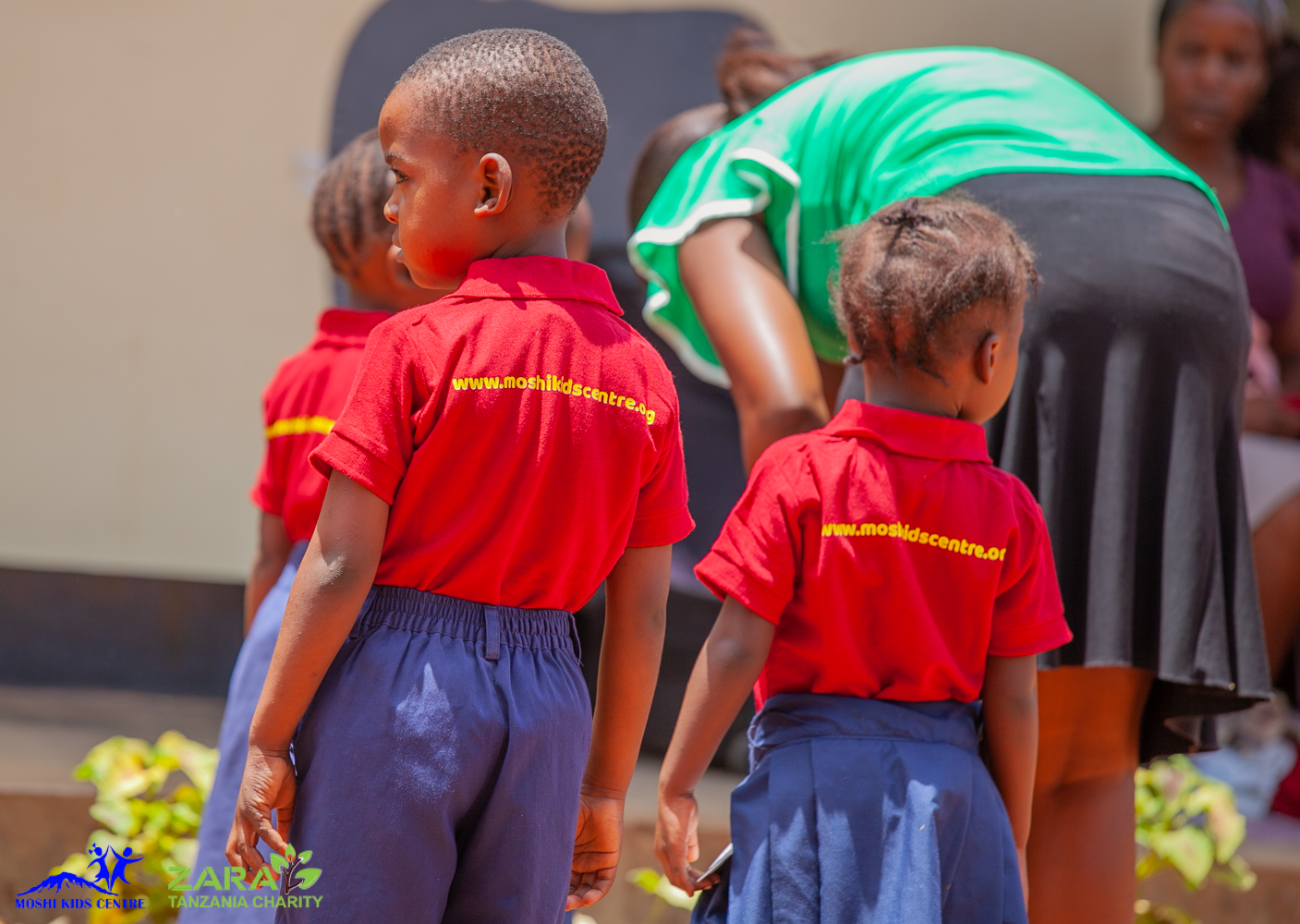
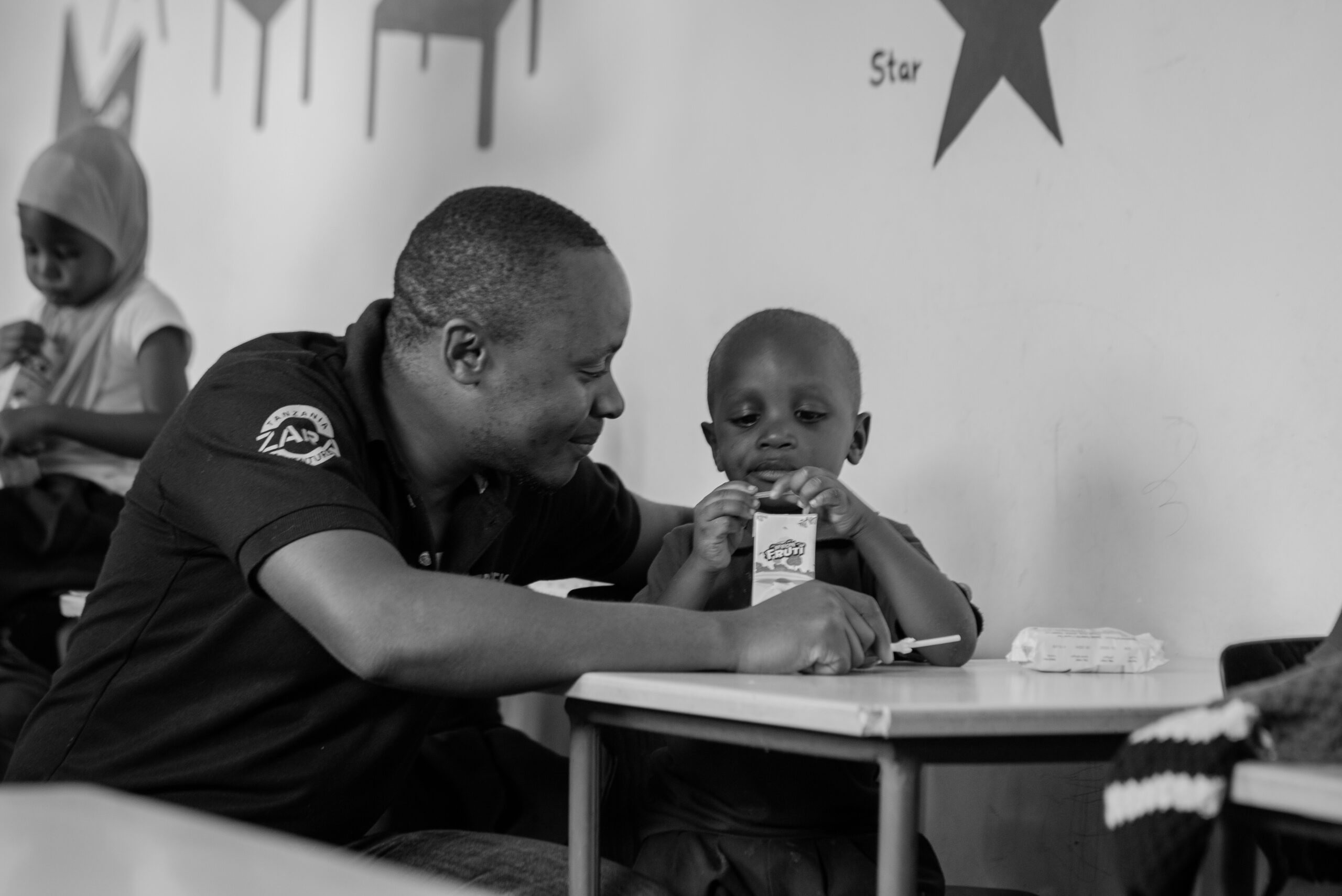
Volunteers in Tanzanian education undertake a variety of roles that directly and indirectly support student learning and school development. These roles include:
- Subject-Specific Teaching
Many volunteers bring expertise in specific subjects, filling gaps in the curriculum. For example, programs like International Volunteer HQ (IVHQ) place volunteers in English-medium and government schools in Arusha, where they teach subjects such as English, geography, history, and physical education. English language instruction is particularly critical, as proficiency in English opens up job opportunities in Tanzania’s tourism-driven economy. - Extracurricular Activities
Volunteers organize activities like sports, arts, music, and drama, which contribute to students’ holistic development. These activities, supported by organizations like Agape Volunteers, foster creativity, teamwork, and confidence, making school a more engaging environment. - Special Needs Support
Some volunteers work in special needs schools, providing tailored support to students with mental and physical disabilities. IVHQ’s program in Arusha, for instance, offers opportunities to assist in special needs schools, where volunteers help students who require significant attention to thrive academically and socially. - Infrastructure Development
Beyond teaching, volunteers contribute to improving school facilities. At MWK Schools, supported by the Tanzania Education Fund, volunteers have helped build solar infrastructure and develop libraries, ensuring schools have the resources needed for effective learning.
| Volunteer Role | Description | Example Organization |
|---|---|---|
| Teaching Assistance | Assisting local teachers with classroom management and student support | IVHQ, Projects Abroad |
| Subject-Specific Teaching | Teaching subjects like English, math, and science | Go Volunteer Africa, Plan My Gap Year |
| Extracurricular Activities | Leading sports, arts, and music programs | Agape Volunteers, Tanzania Education Fund |
| Special Needs Support | Supporting students with disabilities in specialized schools | IVHQ |
| Infrastructure Development | Building classrooms, libraries, and sustainable energy solutions | Tanzania Education Fund |
Impact of Volunteers on Educational Outcomes
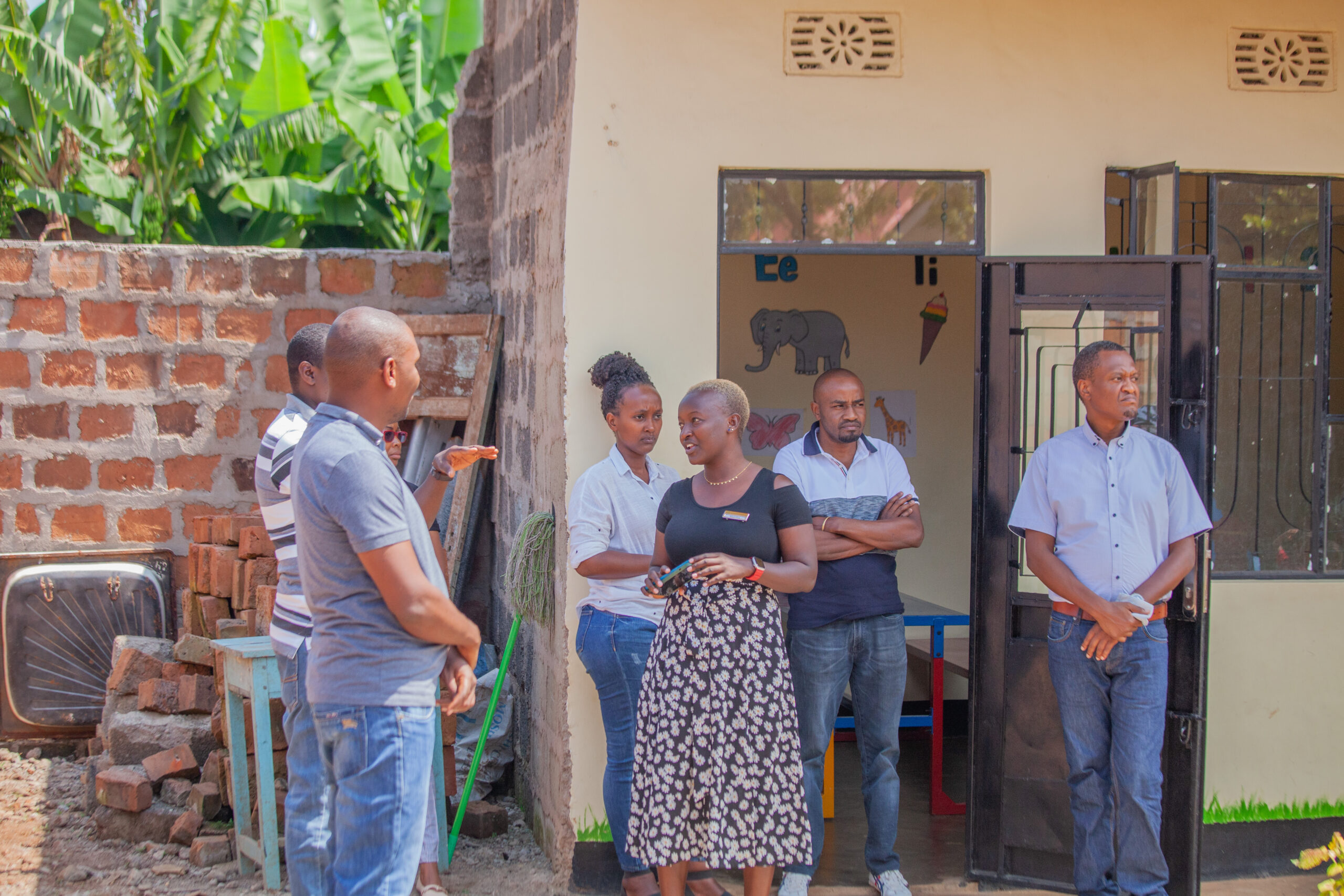
While comprehensive studies on the direct impact of volunteers on student performance in Tanzania are limited, anecdotal evidence and reports from volunteer organizations suggest significant benefits. These impacts can be categorized as follows:
- Improved Academic Performance
Volunteers introduce interactive teaching methods and new materials, which can enhance students’ understanding and lead to better test scores. For instance, the Tanzania Education Fund reports that MWK Schools, supported by volunteers, consistently perform well in district exams, partly due to the additional resources and teaching support provided. - Increased Student Engagement
Volunteers make learning more dynamic through games, discussions, and creative activities. Programs like Projects Abroad emphasize fun and practical lessons, such as spelling bees and grammar exercises, which encourage active participation and foster a love for learning. - Enhanced Teacher Capacity
By collaborating with local teachers, volunteers share best practices and innovative teaching techniques. This partnership can improve classroom management and lesson delivery, as seen in Go Volunteer Africa’s programs, where volunteers work closely with local educators to elevate teaching standards. - Broader Worldview
International volunteers bring diverse perspectives, exposing students to new cultures and ideas. This cultural exchange, highlighted by organizations like World Endeavors, prepares students for a globalized world and inspires them to pursue further education. - Community and Parental Involvement
Volunteers often engage with local communities, promoting the importance of education and encouraging parental involvement. This broader community impact can lead to higher enrollment and retention rates, particularly in rural areas.
A notable example of volunteer impact comes from the Tanzania Education Fund, where volunteers raised funds for 20 four-year scholarships, enabling students to continue their education and break the cycle of poverty. Additionally, projects like solar infrastructure development ensure consistent access to electricity, supporting uninterrupted learning.
Case Studies: Volunteer Programs in Action
To illustrate the impact of volunteers, here are a few case studies from prominent organizations:
- Teaching Program in moshi
Volunteers assist in English-medium and government schools, reducing student-to-teacher ratios and providing individualized attention. They also support special needs schools, helping students with disabilities thrive. Feedback from volunteers highlights the transformative effect on both students and themselves, with many noting increased student engagement and confidence. - Projects Abroad in Maasai Schools
Volunteers teach English in primary and Maasai schools, focusing on literacy and basic grammar. By working in underserved communities, they help students develop skills critical for future opportunities. The program also supports early childhood development, laying a strong foundation for young learners (Projects Abroad Teaching). - Go Volunteer Africa in Multiple Locations
Operating in Arusha, Moshi, and other regions, Go Volunteer Africa’s teaching volunteers support local teachers and improve education standards. Their focus on sustainable development ensures long-term benefits for schools and communities (Go Volunteer Africa). - Tanzania Education Fund’s MWK Schools
Volunteers at Tanzania teach primary and secondary classes, manage academic clubs, and contribute to infrastructure projects. A volunteer named Sheila raised funds for scholarships, while others implemented solar designs, demonstrating tangible impacts on students and school facilities (Tanzania Education Fund).
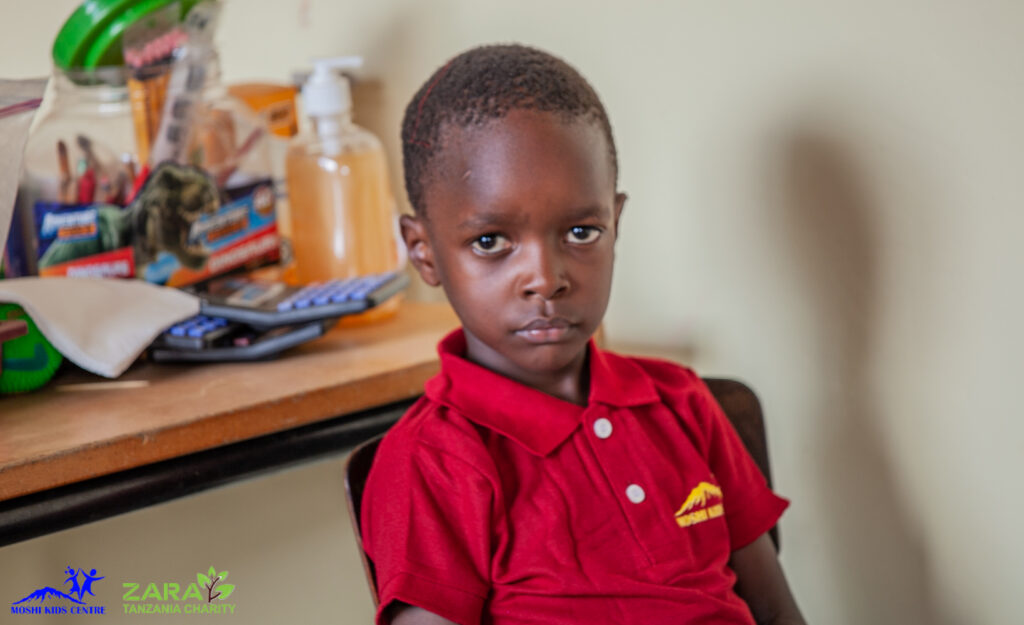
Personal Stories
Personal testimonials highlight the emotional and educational impact of volunteering:
- Volunteer Perspective: “Teaching in Tanzania was one of the most rewarding experiences of my life. Seeing the children’s faces light up as they learned new things was priceless. I felt like I was making a real difference.” – Sarah, former IVHQ volunteer.
- Student Perspective: “Having volunteers in our school has helped me a lot. They teach us in ways that are fun and easy to understand. I want to be a teacher like them one day.” – Amina, student in Arusha.
Challenges and Considerations
Despite their contributions, volunteers face several challenges:
- Cultural Differences
Adapting to local customs and teaching methods can be challenging. Volunteers must be sensitive to cultural norms to build effective relationships with students and teachers. - Language Barriers
Many volunteers do not speak Swahili, which can hinder communication. Programs like IVHQ offer basic Swahili lessons during orientation to address this. - Sustainability
Ensuring that volunteer efforts have a lasting impact is critical. Organizations like Go Volunteer Africa emphasize long-term partnerships with schools to maintain benefits after volunteers leave.
Future Directions for Volunteer Impact
To maximize their impact, volunteer programs could focus on:
- Long-Term Commitments
Encouraging volunteers to stay for extended periods, as suggested by Projects Abroad, can lead to more sustained improvements in schools. - Capacity Building
Training local teachers alongside volunteers, as seen in some programs, ensures that teaching improvements continue beyond volunteer tenures. - Technology Integration
Introducing digital learning resources, such as online lesson plans or educational apps, could further enhance educational outcomes, with volunteers playing a key role in implementation.
How to Get Involved
If you’re passionate about education and want to make a difference in Tanzania, several organizations offer volunteer opportuniti
moshi kids center : Offers teaching programs , focusing on English and other subjects.
- Projects Abroad: Provides opportunities to teach English and support early childhood development (Projects Abroad).
- Go Volunteer Africa: Operates teaching programs in Arusha, Moshi, and other locations, emphasizing sustainable impact (Go Volunteer Africa).
- Tanzania Education Fund: Welcomes volunteers to teach at MWK Schools and contribute to extracurricular activities (Tanzania Education Fund).
These programs cater to a range of skills and interests, and many do not require prior teaching experience, making them accessible to a wide audience.
A Partnership for Educational Transformation
Volunteers who join Tanzanian education programs do more than teach—they build capacity, inspire innovation, and create lasting change. These partnerships are essential to narrowing educational gaps and nurturing a brighter, more equitable future for Tanzanian children.
For all who seek purpose and impact—whether graduates, retirees, or professionals—volunteer teaching in Tanzania offers an extraordinary opportunity to contribute to global education and witness first‑hand how meaningful support can reshape lives.
Interested in learning more? Volunteer Tanzania offers a range of program types designed for all skill sets and timeframes—explore opportunities today and help change the world, one classroom at a time.
